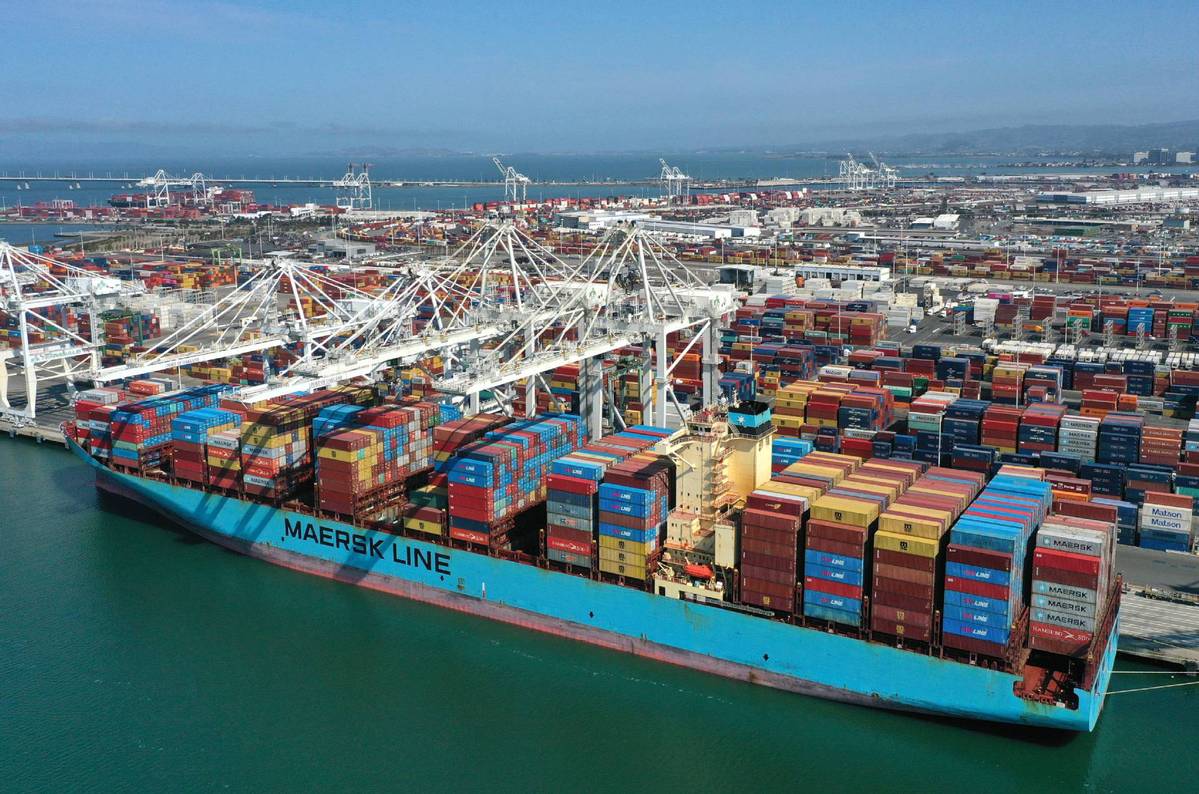USTR reinstates certain 'Section 301' tariff exclusions for Chinese products


WASHINGTON -- The Office of the United States Trade Representative (USTR) on Wednesday announced that it has decided to reinstate certain previously granted and extended "Section 301" tariff exclusions for Chinese products.
The determination reinstates 352 of the 549 eligible exclusions, and the reinstated product exclusions will apply as of Oct 12, 2021, and extend through Dec 31, according to a statement from the office.
Former US President Donald Trump launched a trade war with China, and levied additional tariffs on over $300 billion worth of Chinese imports, citing the so-called Section 301 of the Trade Act of 1974. To offer relief for some companies in certain industries, Trump approved tariff exclusions for certain products.
With the exception of products related to the fight against COVID-19, most tariff exemptions expired at the end of 2020.
In October 2021, US Trade Representative Katherine Tai invited the public to comment on whether to reinstate 549 exclusions previously granted and extended by the Trump administration.
"We welcomed USTR's announcement in October to open an exclusions process for a limited set of products. However, that process is only available to approximately 1 percent of the original exclusion applications," Americans for Free Trade, a broad coalition of trade organizations, said in a letter to congressional leaders in early March.
"To provide meaningful relief, a more robust process is needed," said the coalition, noting that they would continue to call for an end to the additional tariffs and retaliatory tariffs.
The coalition cited a recent Moody's report, which showed that the tariffs "hit American businesses and consumers hardest," with China absorbing only 7.6 percent of the tariffs "while the rest of the tab was picked up by Americans."
It also noted that recent articles have highlighted that the tariffs are having a modest but real impact on inflationary pressures.
"A new, comprehensive, transparent, and fair exclusions process would help alleviate the economic burden on American businesses and consumers," said the coalition.




































